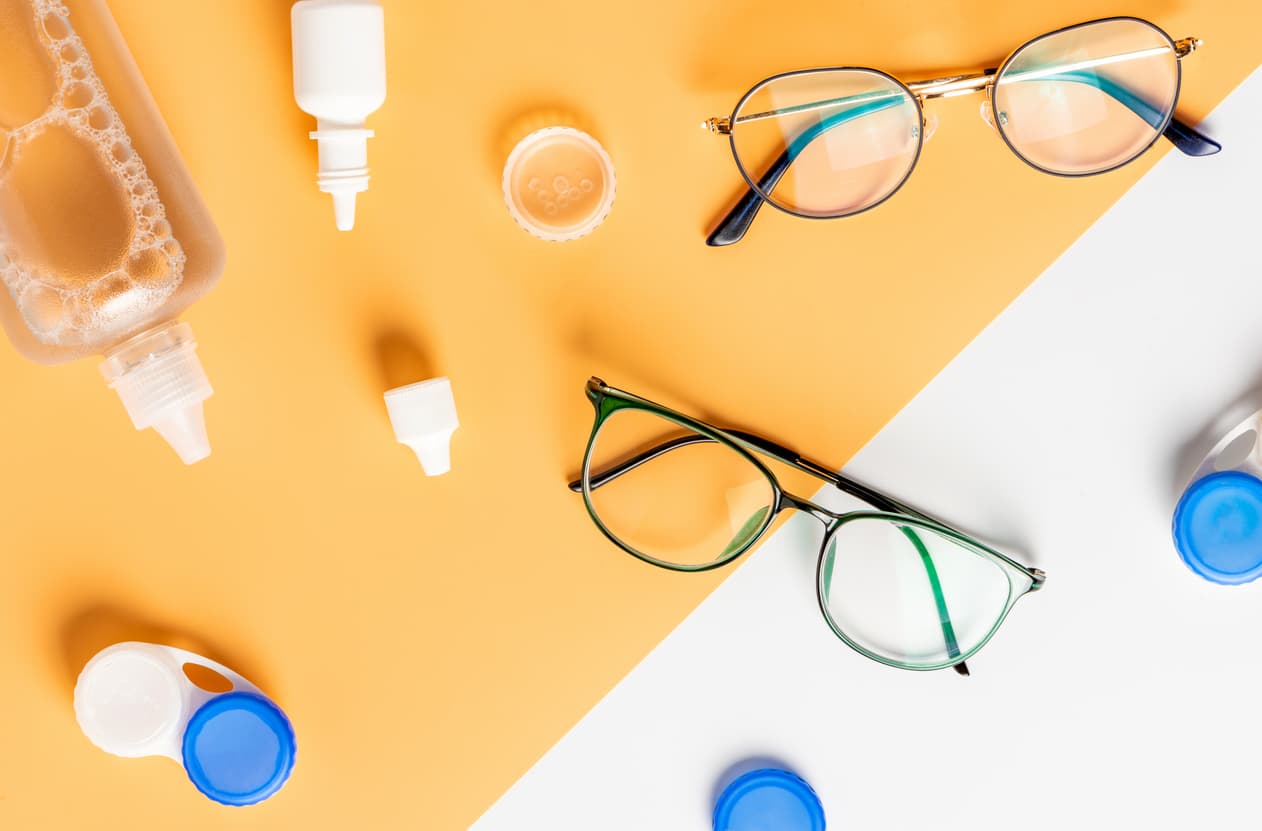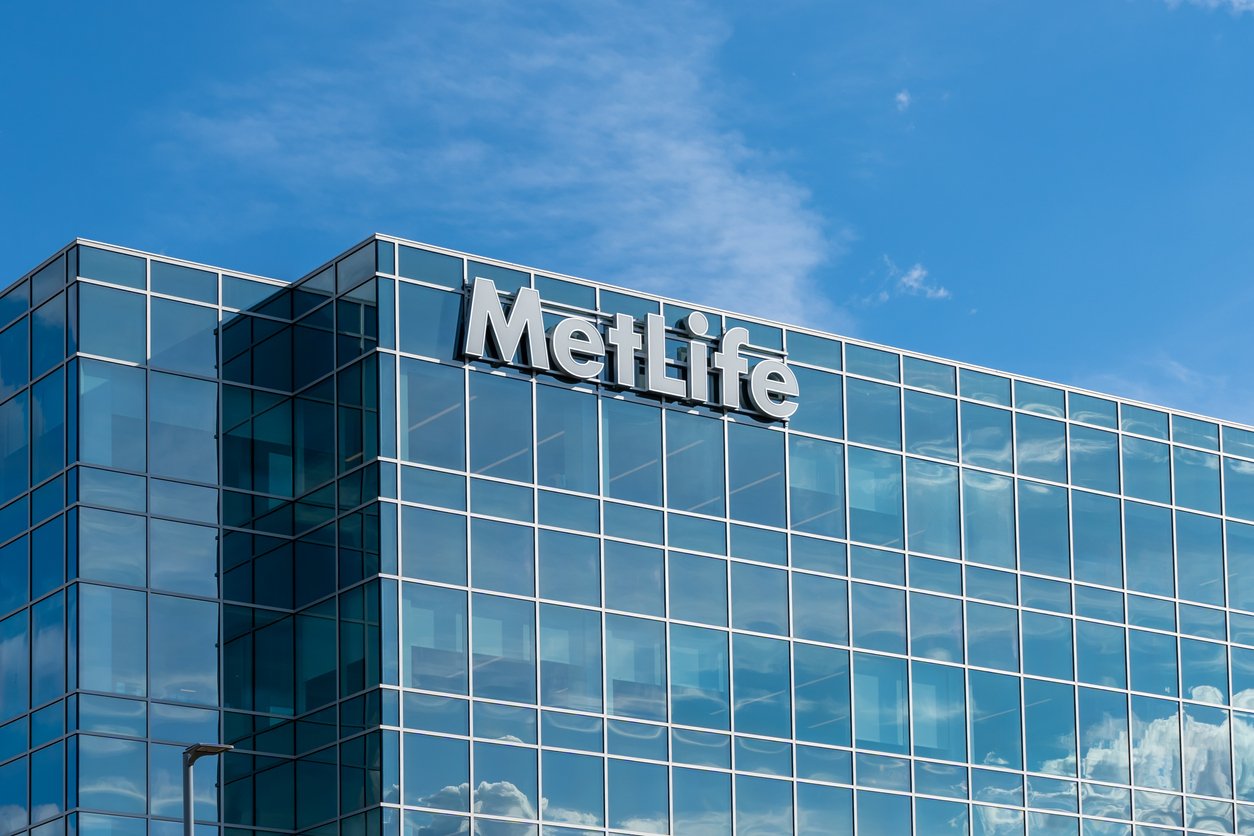
Written by
Lauren Brown
Lauren is an aPHR®-certified member of the Marketing team at Bernard Health. She writes about healthcare insights, employment law, and HR solutions.
Employee FAQs on HSA and FSA Spending for Eyewear

Most employees have a firm understanding of medical expenses they can use their HSA and FSA funds on, from copayments to prescriptions. However, when it comes to eyewear—one of the most popular uses for HSA and FSA funds—some questions might still linger, especially if employees are new to wearing contacts or if their children are getting glasses for the first time.
Reminder: What are HSAs and FSAs?
A health savings account (HSA) is a personal bank account with significant tax advantages that can be used by an individual to pay for medical expenses, typically on high-deductible health insurance plans. A wide variety of banking institutions around the country offer these types of accounts to single users and families.
Meanwhile, flexible spending accounts (FSA) allow employees to set aside pre-taxed funds for healthcare or dependent care expenses. While there are restrictions on contributions for both types of accounts, there are three key differences between HSAs and FSAs:
- HSA funds roll over year to year, while FSAs tend to expire at the end of the calendar year (or at the end of the plan year), though there may be a carryover or grace period, depending on the plan. It’s important to note that this year is a little different after the passing of the 2021 Consolidated Appropriations Act (CAA), which allows employers to extend the grace period for FSAs and carry over unused funds from 2020. For more info about the CAA, check out the IRS guidance on the topic.
- Employers and employees can contribute to HSAs and FSAs, but there are limits to what an employer can contribute to an FSA based on what an employee contributes.
- Unlike HSAs, you do not have to be a member of a high deductible health plan to contribute to an FSA.
FAQs about Using FSA and HSA Funds on Eyewear
Whether employees are first-time HSA and FSA account holders or have used these accounts for years, there’s no shortage of questions about HSAs and FSAs. We’ve rounded up a list of questions related to using FSA and HSA funds on eyewear:
- Are prescription sunglasses FSA- and HSA-eligible? Yes! While it’s well-known that eyeglasses and readers are eligible for HSA and FSA spending, employees don’t always think about prescription sunglasses. Most of the time, insurance covers either prescription glasses or contacts, or a combination of both. But for people who also need prescription sunglasses, it’s good to keep HSA and FSA funds in mind.
- Can I use my funds for LASIK surgery? Yes, you can use your FSA or HSA funds to reimburse for LASIK eye surgery. However, LASIK usually costs anywhere from $2,000 to over $3,000 per eye, and according to All About Vision, the average cost in 2019 was a little over $2,200 per eye. Since this is over the annual contribution limit of an HSA, it may be best to plan on spending your HSA and FSA funds on something else. It’s also important to note most insurance companies don’t cover LASIK eye surgery because it’s deemed as an elective or cosmetic procedure.
- How much should I budget for eyeglasses? The cost of glasses can range anywhere from $20 for readers at the drugstore to over $800 for designer frames and complex lenses, depending on multiple factors. Many optometrists sell designer frames at their office, which can run from $100 to $500 for the frame only. The price largely depends on what kind of lenses you need as well. For individuals who just need single vision glasses (for either distance correction only or reading correction only), the glasses will cost less. At some retailers like Warby Parker, you can get these glasses for as low as $95 for the frame and lenses. Progressive and bifocal lenses—for both distance and reading correction in the same lens—will cost more no matter where the glasses are from. In order to budget for eyeglasses with your HSA and FSA funds, it’s worth it to shop around. Places like Lenscrafters and America’s Best usually offer deals, whereas online retailers like Warby Parker, EyeBuy Direct and Zenni Optical are known for affordable pricing.
- Can I get eyewear accessories like cleaner with my FSA and HSA funds? Yes, eyewear cleaning products and repair instruments can be purchased with FSA and HSA dollars. In fact, the FSA Store has an entire page dedicated to eyewear devices, contact lens accessories, and glasses products that are FSA-eligible.
- Can I use my FSA and HSA cards for online optical purchases? Most of the time, yes! For example, at Warby Parker, you can choose your glasses and upload your prescription online, so you can buy prescription glasses without ever stepping foot inside a storefront. Most of the time, your HSA and FSA can be used in these online transactions as long as it’s linked to a major credit card provider. A lot of online glasses retailers will provide you with an itemized receipt, just in case you forget to use your HSA or FSA card and need to file a claim for reimbursement.
- Are blue light-filtering glasses FSA- and HSA-eligible? It depends. Since blue light-filtering technology is relatively new, there haven’t been as many studies on their effectiveness. Therefore, depending on your FSA and HSA provider, they might not qualify as a medical device if you’re purchasing non-prescription blue light-filtering glasses. The only exception is if you’re adding blue light-filtering lenses to prescription glasses already--in that case, they’ll most likely be eligible. It’s best to check with your HSA or FSA provider.
- What about non-prescription sunglasses? No, both non-prescription sunglasses and non-prescription eyeglasses are not FSA- and HSA-eligible. This is mainly because they are not considered a medical instrument, while prescription sunglasses and glasses are.

Written by
Lauren Brown
Lauren is an aPHR®-certified member of the Marketing team at Bernard Health. She writes about healthcare insights, employment law, and HR solutions.
Related Posts
Younger generations are becoming more aware of the benefits of long-term savings....
If you haven’t heard about Ozempic or Zepbound yet, it’s bound to hit your radar soon!
What Is “Market Value”? Simply put, market value is how much the market at large values...







Submit a Comment